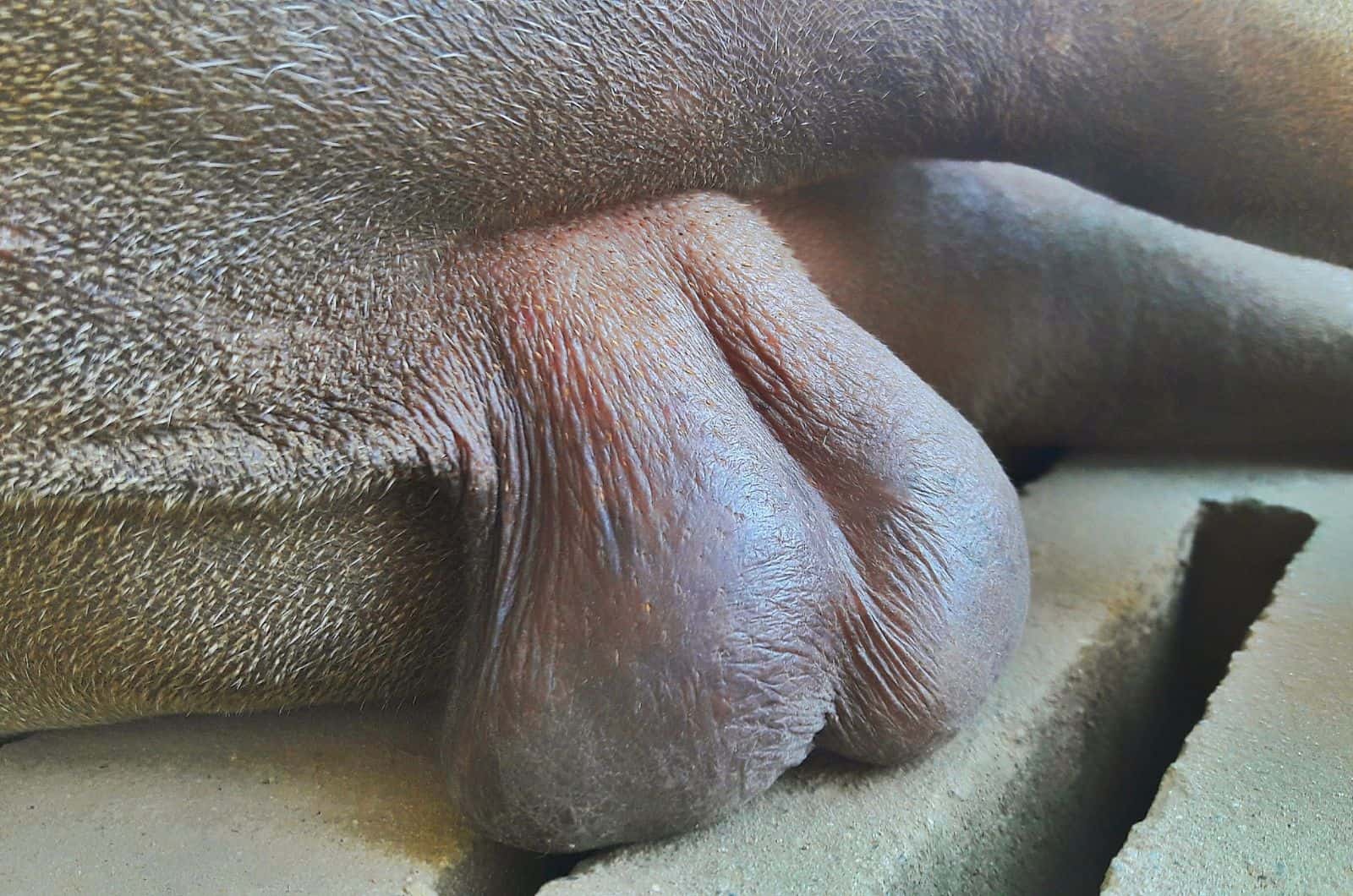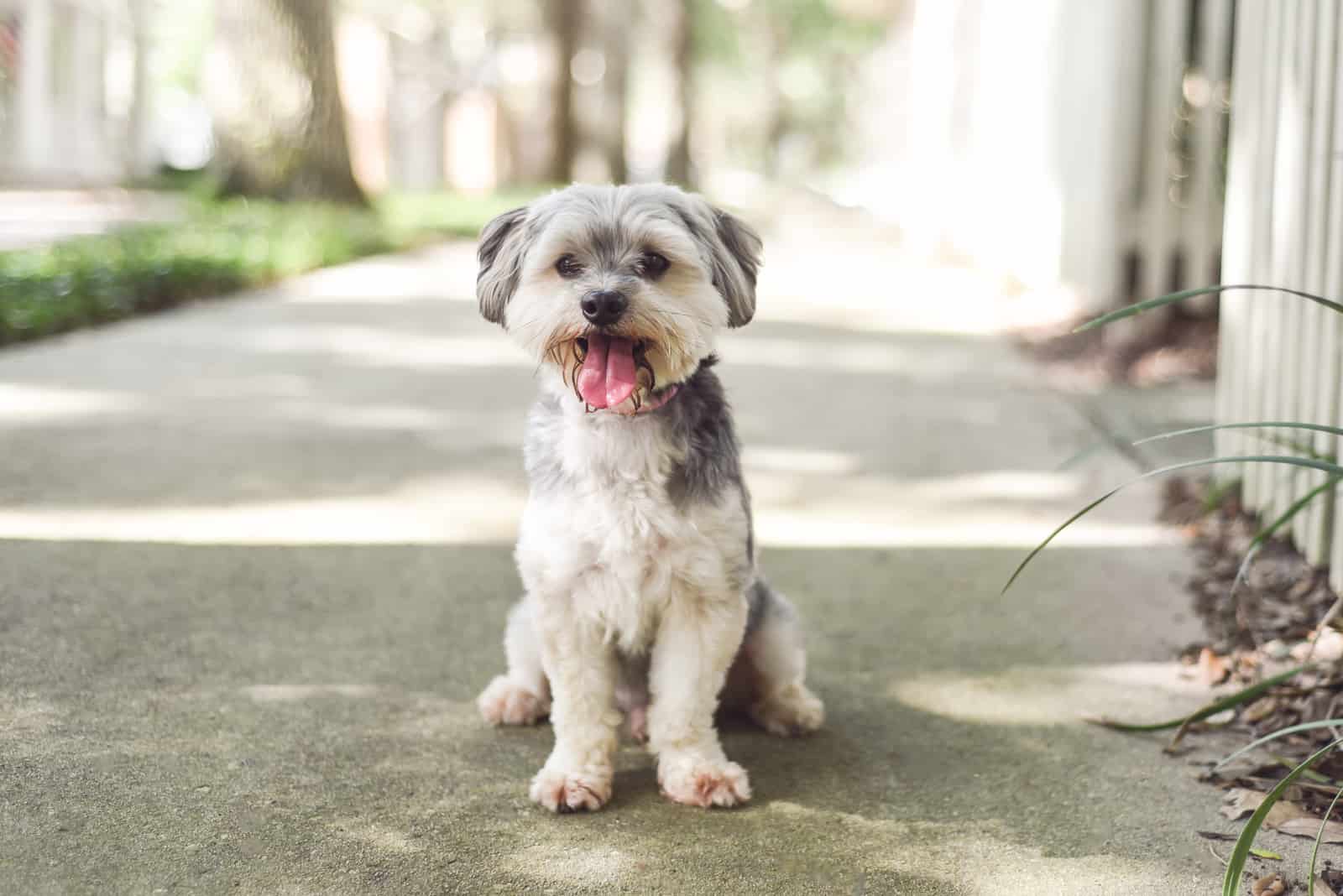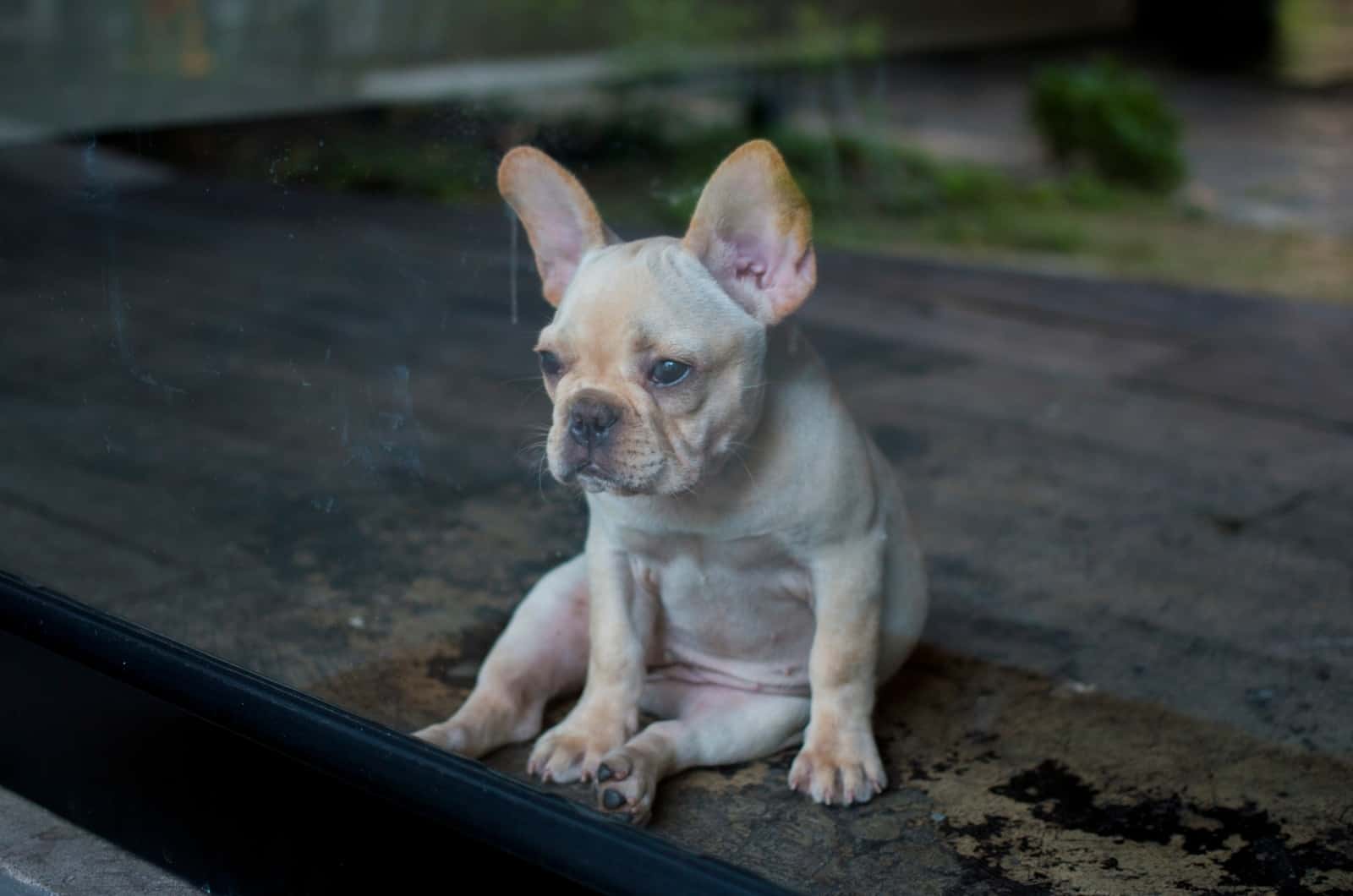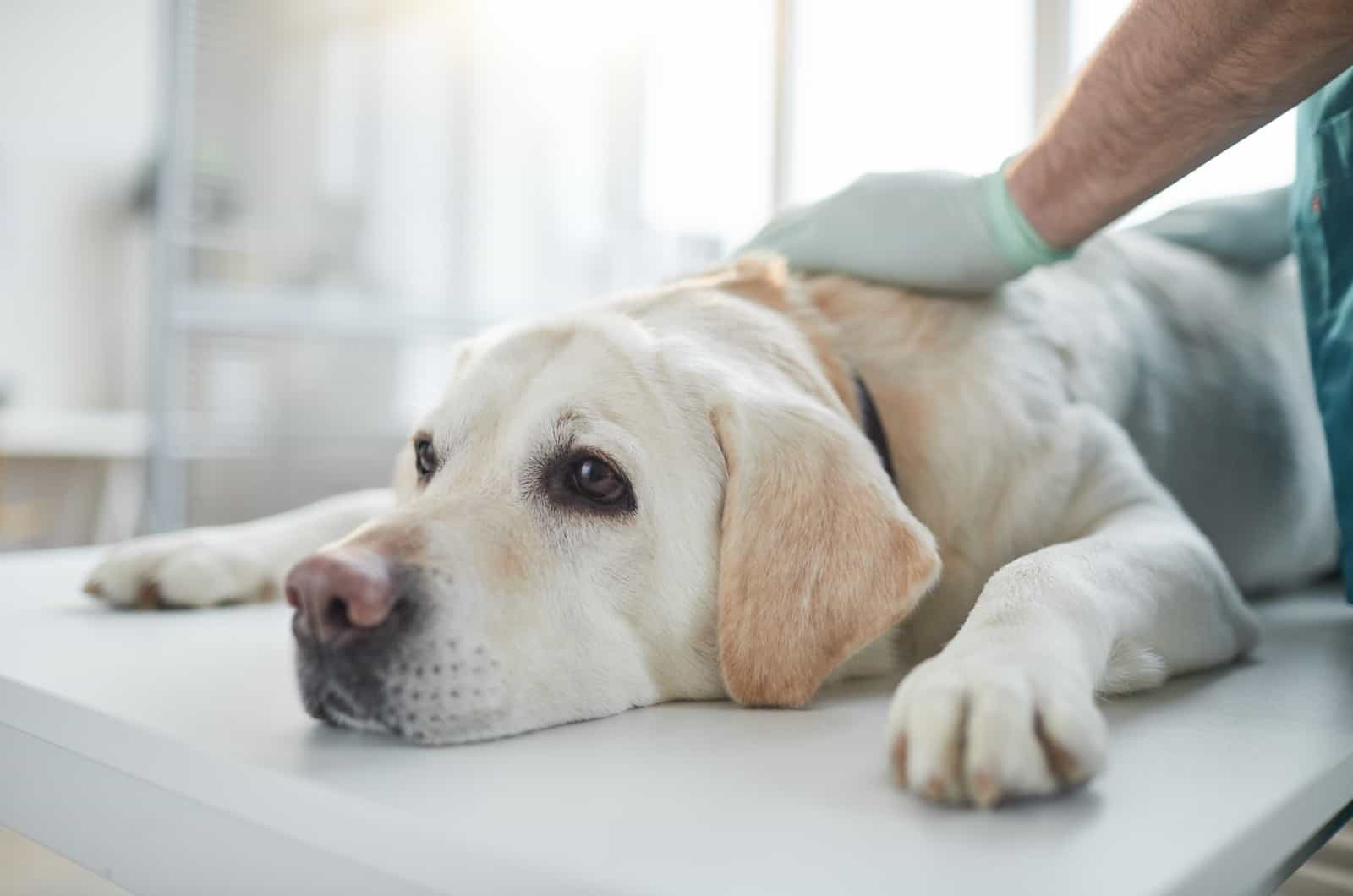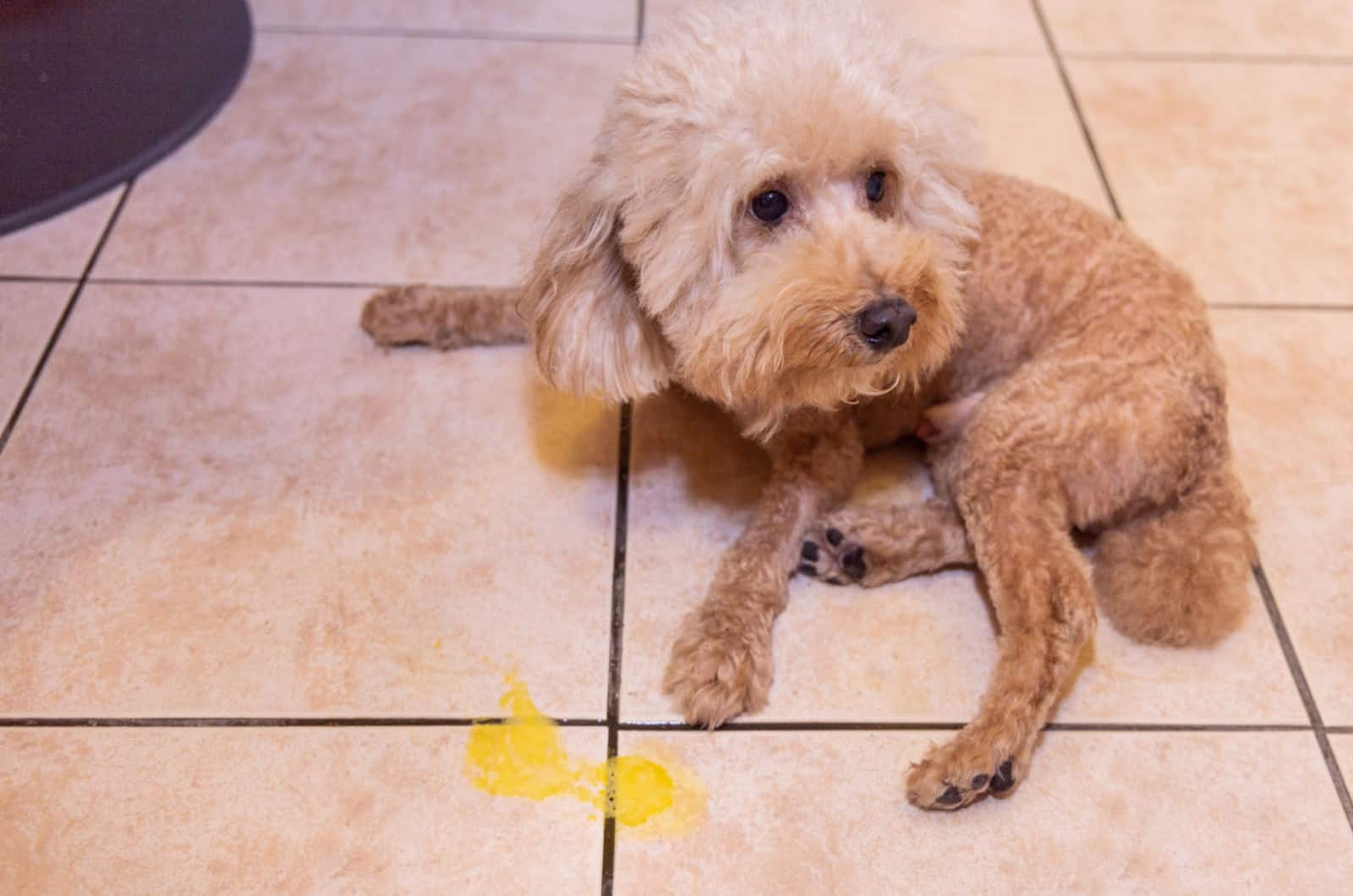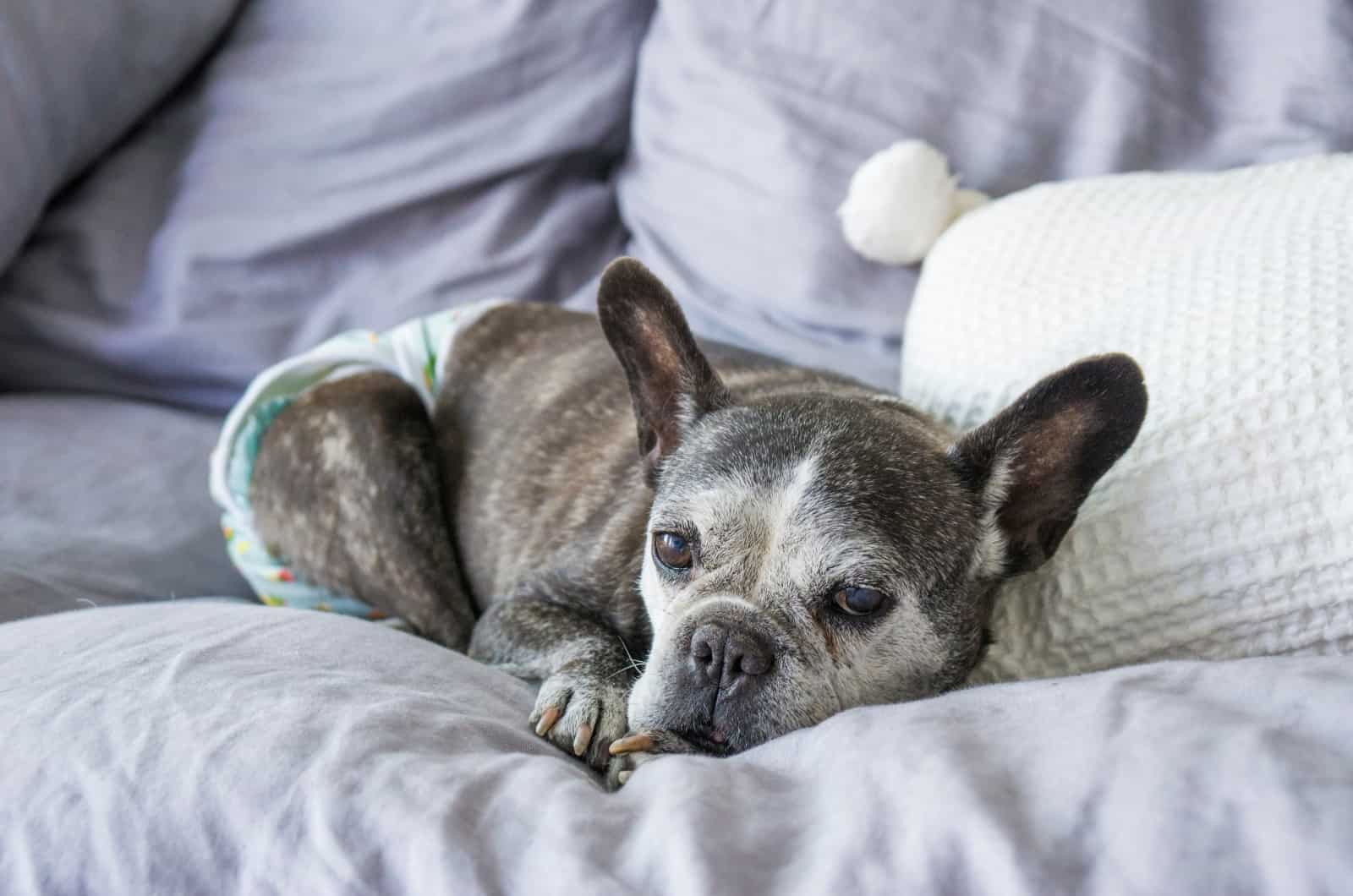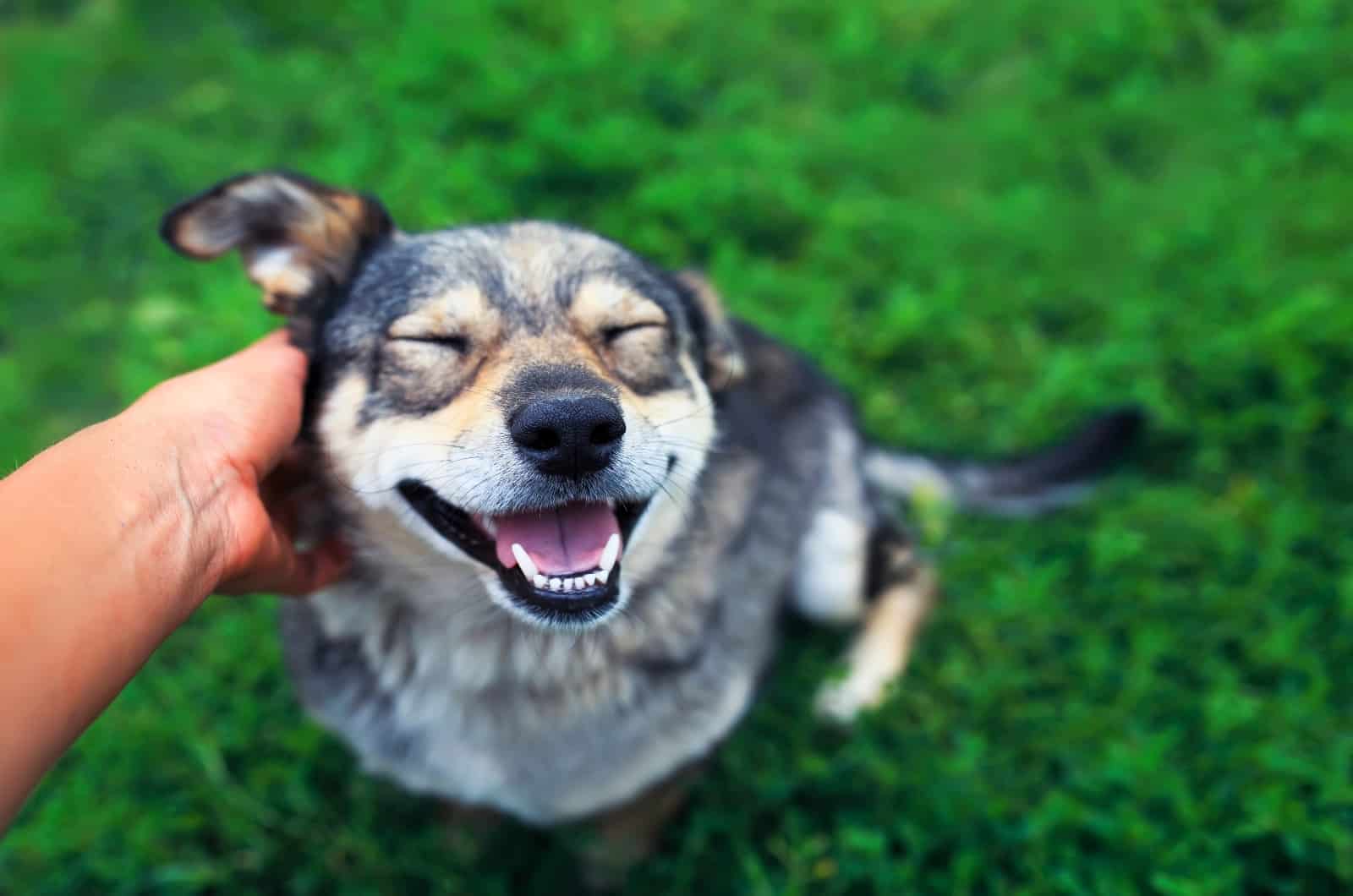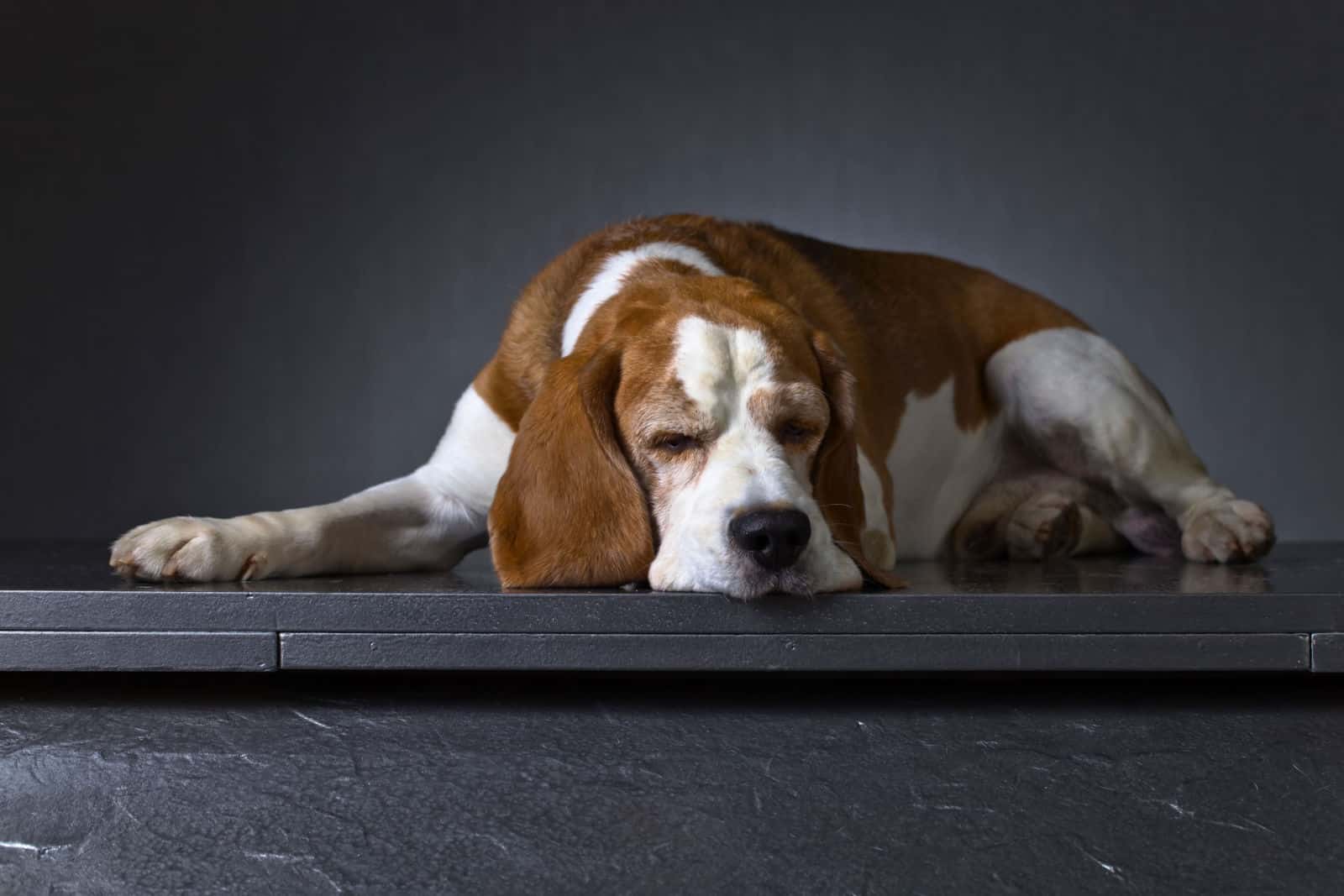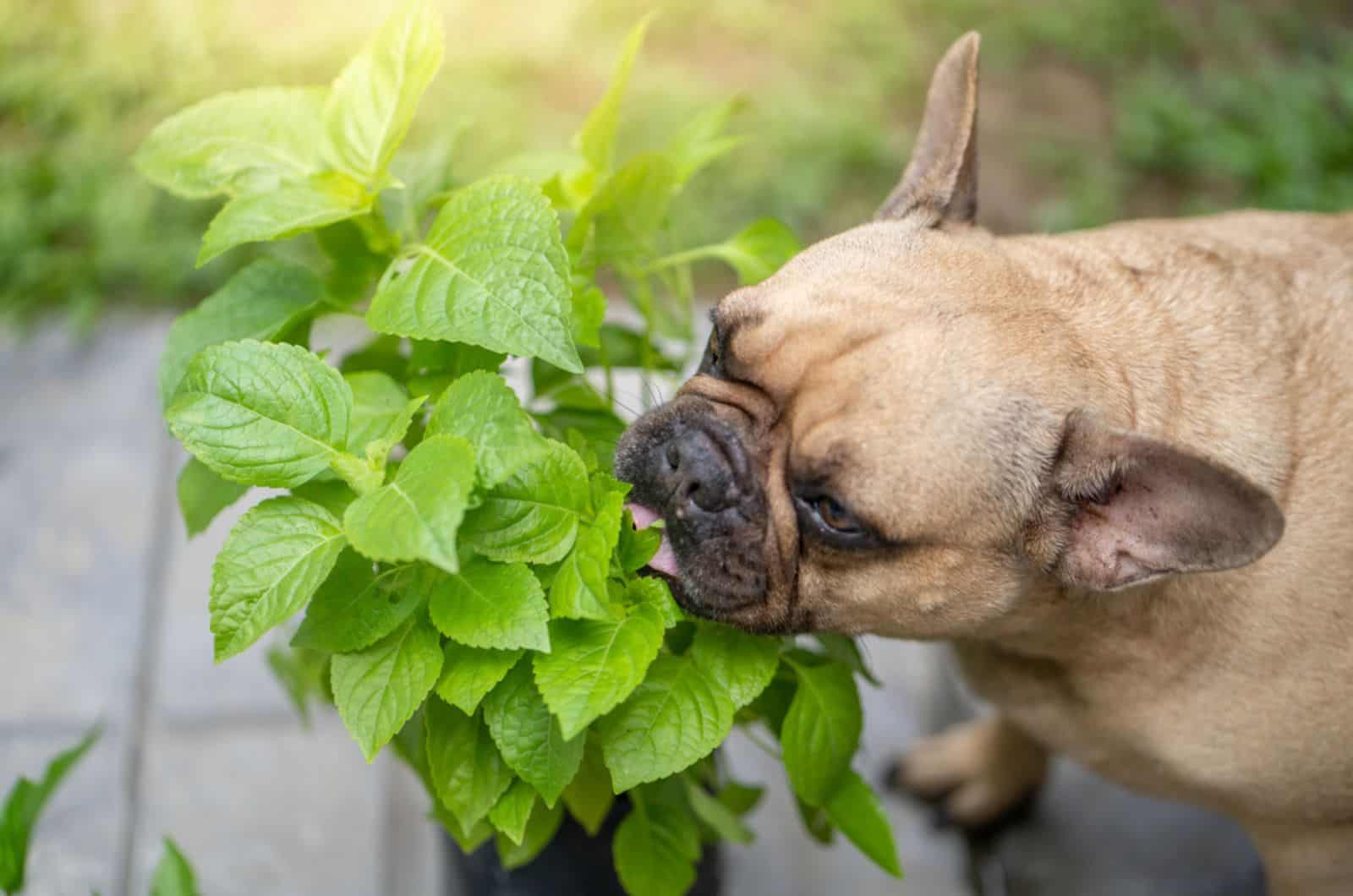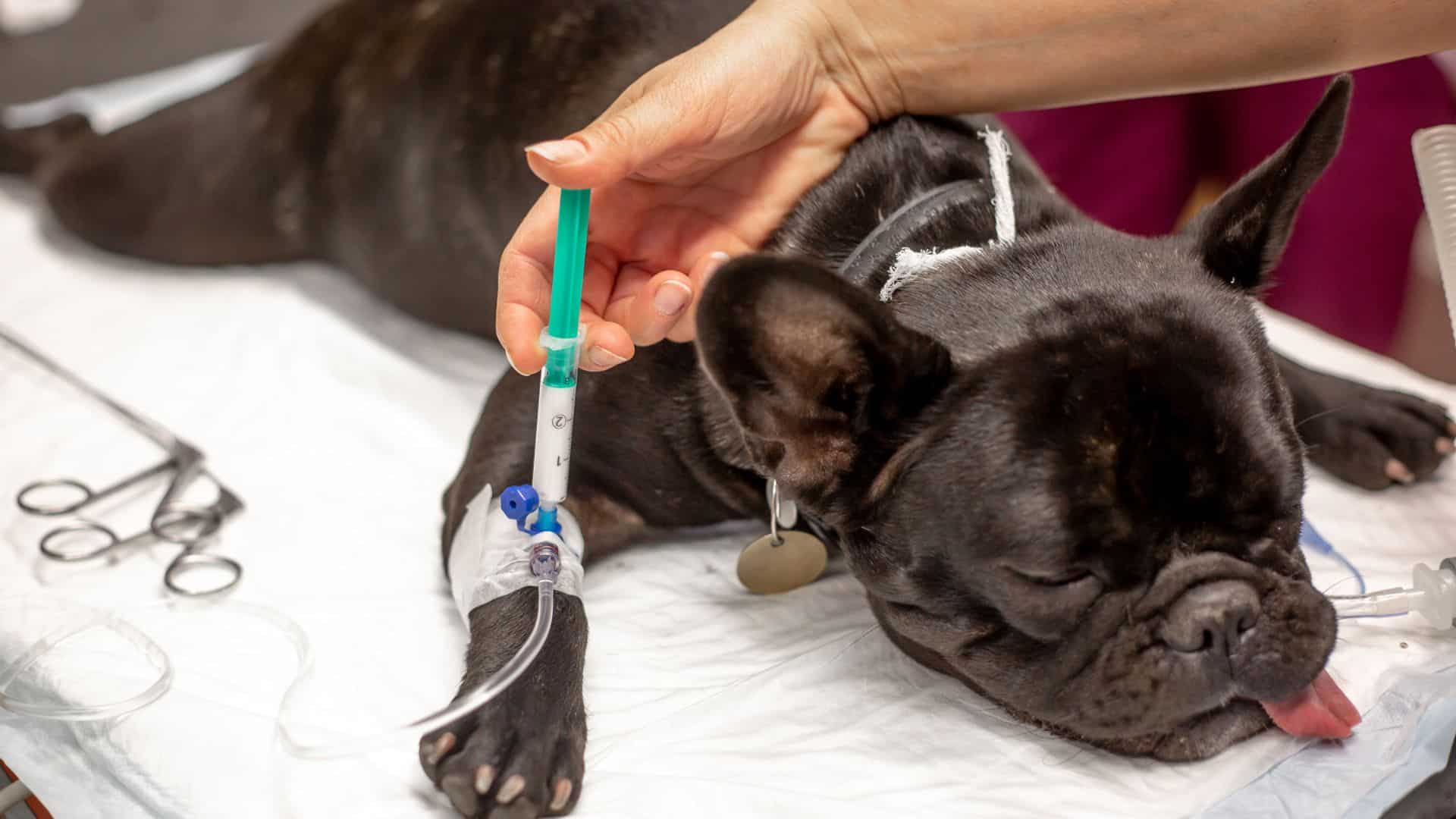Hey, PupVine!
I feel like I always write to you whenever I have a problem. But, I promise this is a big one.
Just recently, I’ve seen my dog going around on his butt. Scooting, is it?
Anyway, he’s done it on quite a few occasions, and I can’t shake the feeling something is wrong… He’s been sitting and dragging his behind in obvious discomfort and I wanna know what’s wrong before we get our check up at the vet.
I don’t know if I can wait until next week to figure out why my pup is acting so weird.
What’s with all that scooting? Help!
Mike
Hey, Mike!
Long time no see, eh?
I understand your worries and I have to add: you have every right to be worried. Scooting isn’t a normal dog behavior, and it’s often a sign something’s really wrong with your dog.
You were right – your dog is in great discomfort. Sitting on his behind and dragging it around is his way of trying to relieve pain or irritation.
In most situations, scooting is your dog’s way of telling you he’s got unwanted visitors in his rear end. However, without a complete examination, I can’t tell you if that’s the case with your dog.
I can tell you what possible reasons are behind scooting, and prepare you for your checkup with the vet.
So, here we go! Let’s scoot into the matter!
Problem With Anal Glands
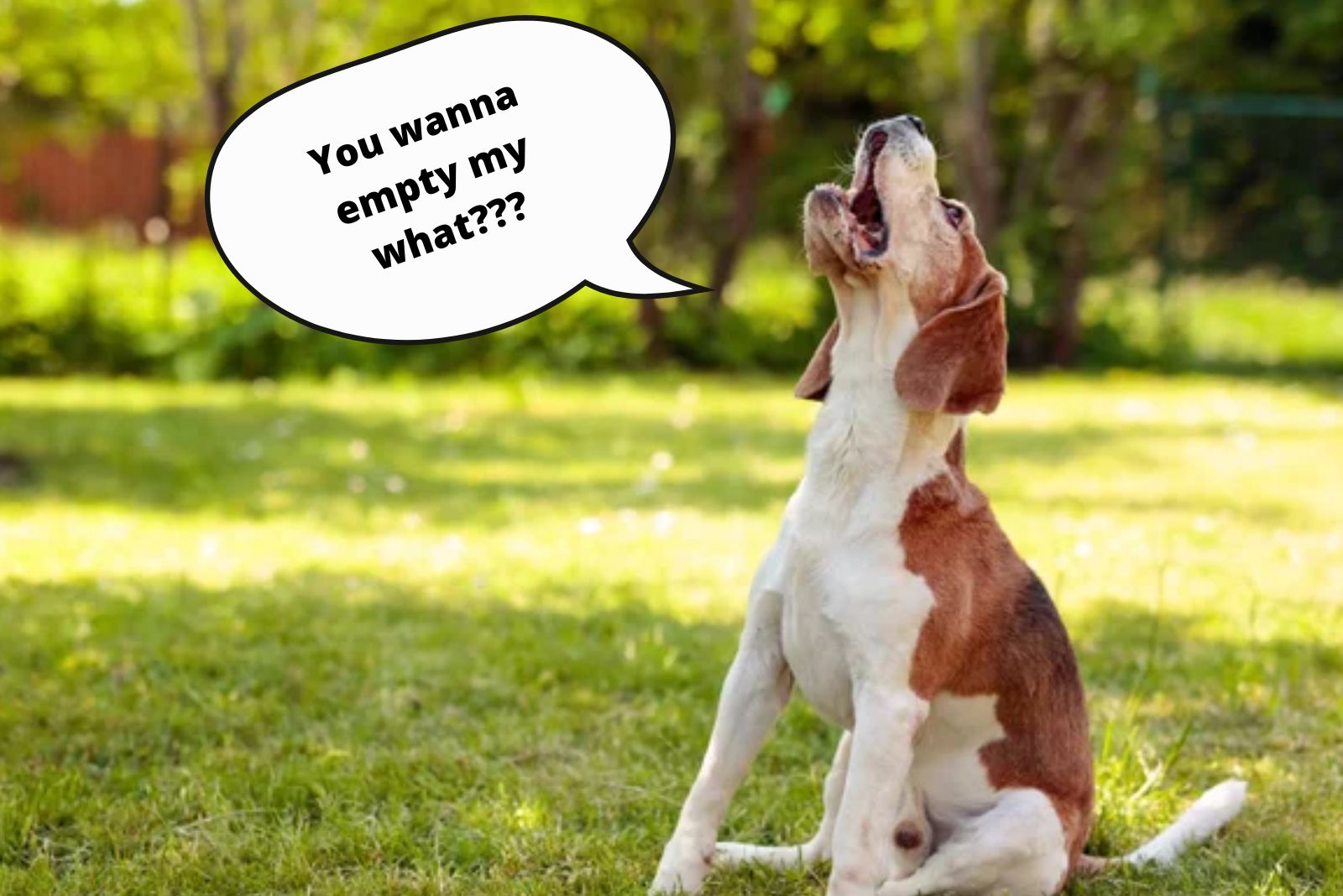
I can’t help myself not to remember a TV show where a girl who was dog sitting a pup for her friends had to empty his anal glands’ sacks just because her friends were messing up with her and gave her a to-do list, including that task.
It sure was funny because most dogs won’t let you get near their rear area to do that.
But, believe it or not, anal glands need to be emptied, but they do it naturally… on their own.
Every time your pooch does #2, his anal glands will release gland fluid that gives the specific poopy smell characteristic for your dog. You may not recognize it because all doggy poop smells the same, but your dog’s buddies will know the difference.
However, the problems occur when those glands stop emptying themselves naturally. Then, your pooch will need your assistance, or a professional. Usually, your dog’s groomer can do this for you. Still, if it’s getting too serious, then you need a veterinarian.
Trust me – swollen anal glands are super painful and your dog will do almost anything to relieve the pain, including scooting around. Basically, that odor that doesn’t get released gets trapped inside your dog’s bum and that’s what causes the unpleasant feeling. |1|
Canine Urinary Tract Infection (UTI)
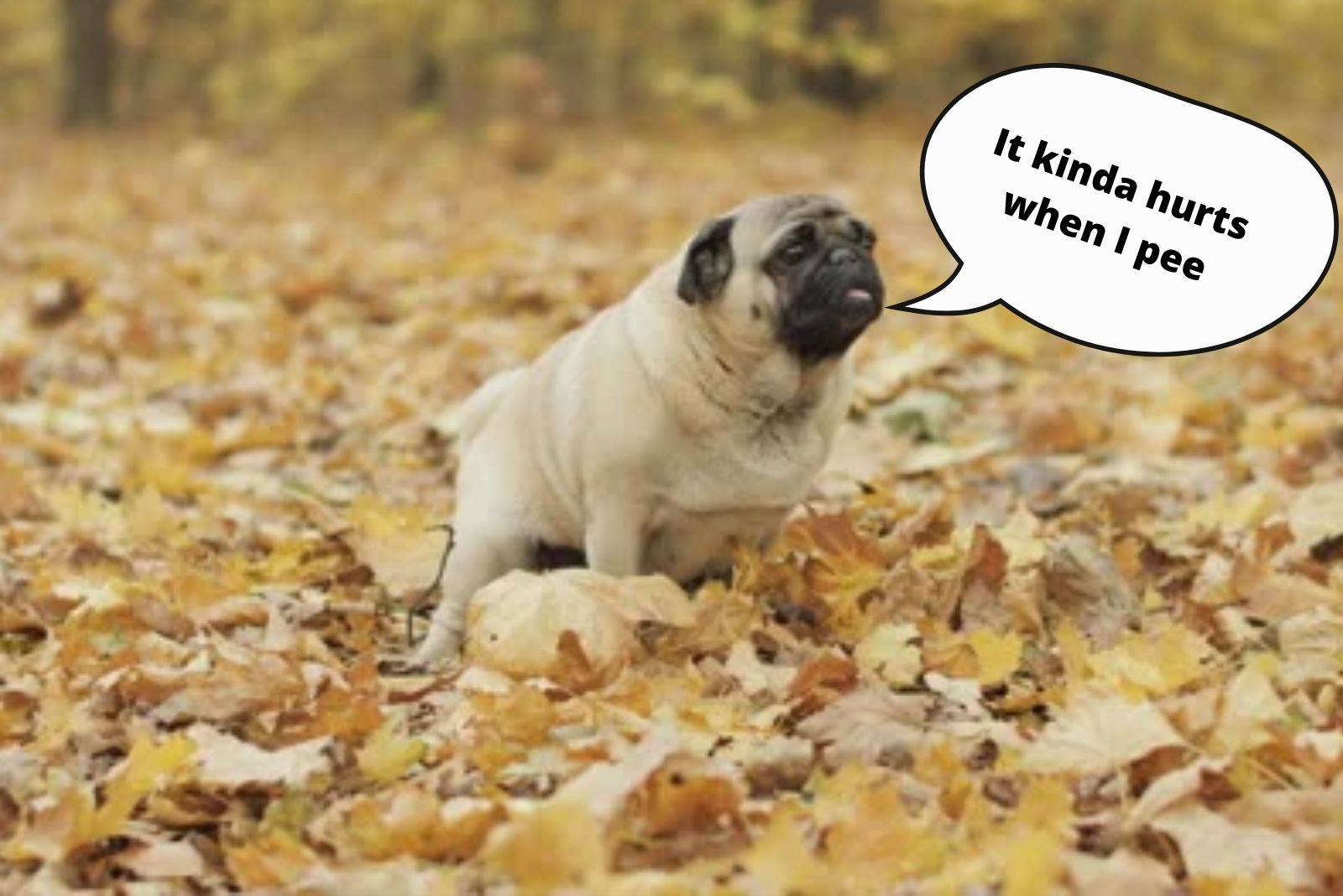
According to Mike’s email, his dog is a boy. UTI usually affects females, but males can catch it, too. It’s not a gender-exclusive disease.
UTIs aren’t that commonly related to scooting, but it can still be a reason if nothing else proves to be one.
To put it in simpler terms, when a dog has UTI, it’s painful, irritating, and burning when he or she does #1. That burning sensation is almost unbearable. I mean, haven’t you ever gotten a UTI? The feeling is pretty much the same.
Since scooting isn’t an obvious sign of a UTI, you should look out for signs like excessive thirst or frequent peeing. The discomfort is pretty clear whenever your dog goes potty.
Unfortunately, it’s nothing you can treat at home, so better rush to the vet to get your dog a dose of antibiotics. |2|
Pesky Parasites
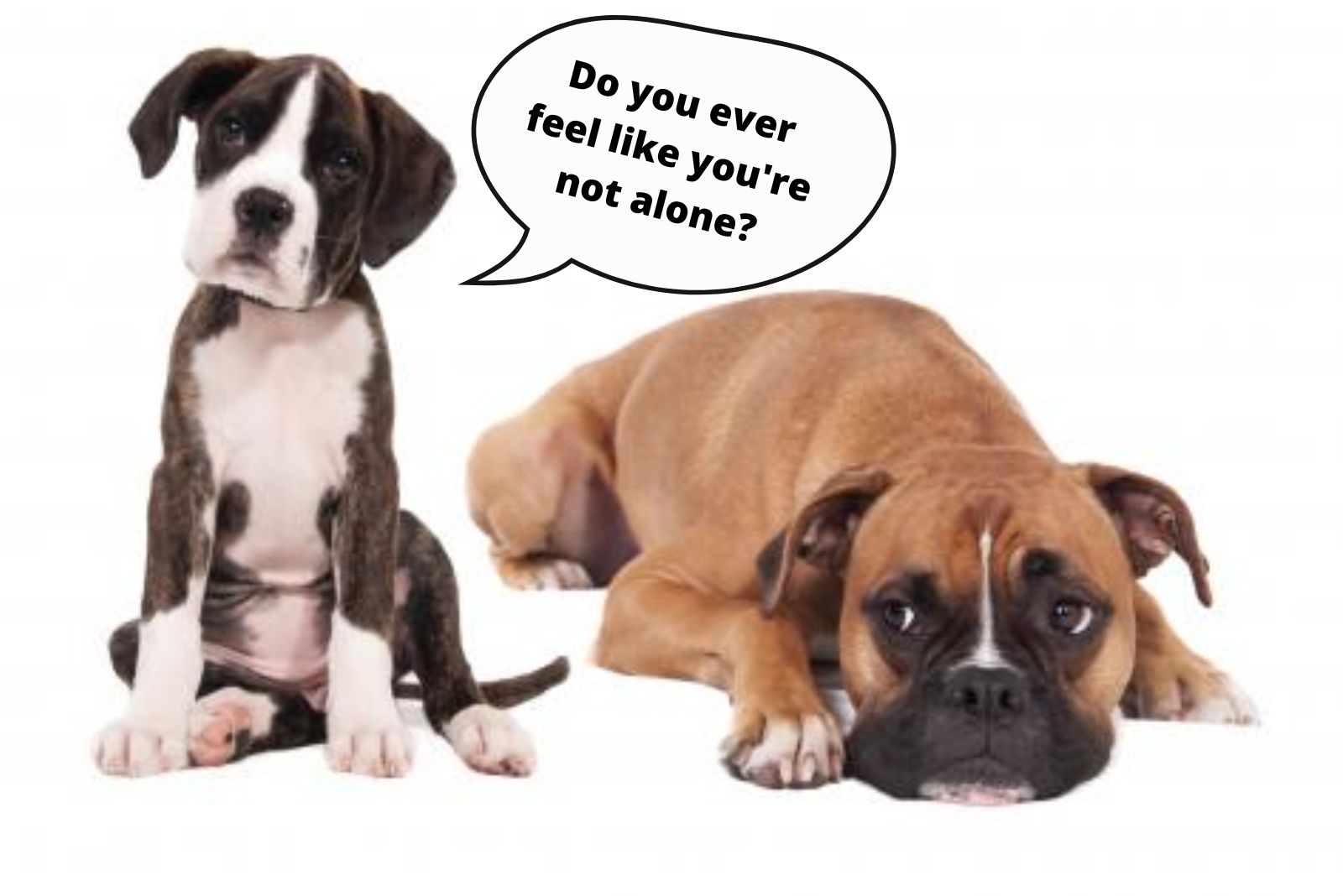
That feeling when you sense you’re not alone…
No, I’m not talking about ghosts or visitors from some other realm. I’m talking about parasites that don’t seem like they want to leave your dog alone.
Getting parasites is terrible, but getting rid of them is even worse!
Intestinal parasites are one of the most common reasons why your dog might scoot around. It’s quite simple: parasites cause itchiness and your dog is trying to scratch his itchy behind.
Normally, you’d be able to see white specks in your dog’s poop. That’s a clear sign that parasites like hookworms, roundworms, tapeworms, whipworms, Giardia, etc. are present in your dog’s stool.
However, even though you can’t see those moving white specks doesn’t mean your dog doesn’t have parasites. Itchiness is the biggest cue, followed by weight loss, runny stools, lack of shine in the coat, and sometimes even blood in the stool.
Parasite protection should be handed out to dogs on a monthly basis. It’s a form of prevention that works in 99% of cases.
If your dog still catches an intestinal parasite, it will have to be treated by the vet. If I were you, I’d check up on my pup’s poop after every potty break, and monitor closely for other common symptoms.
READ MORE: Understanding Canine Parasites
Allergies
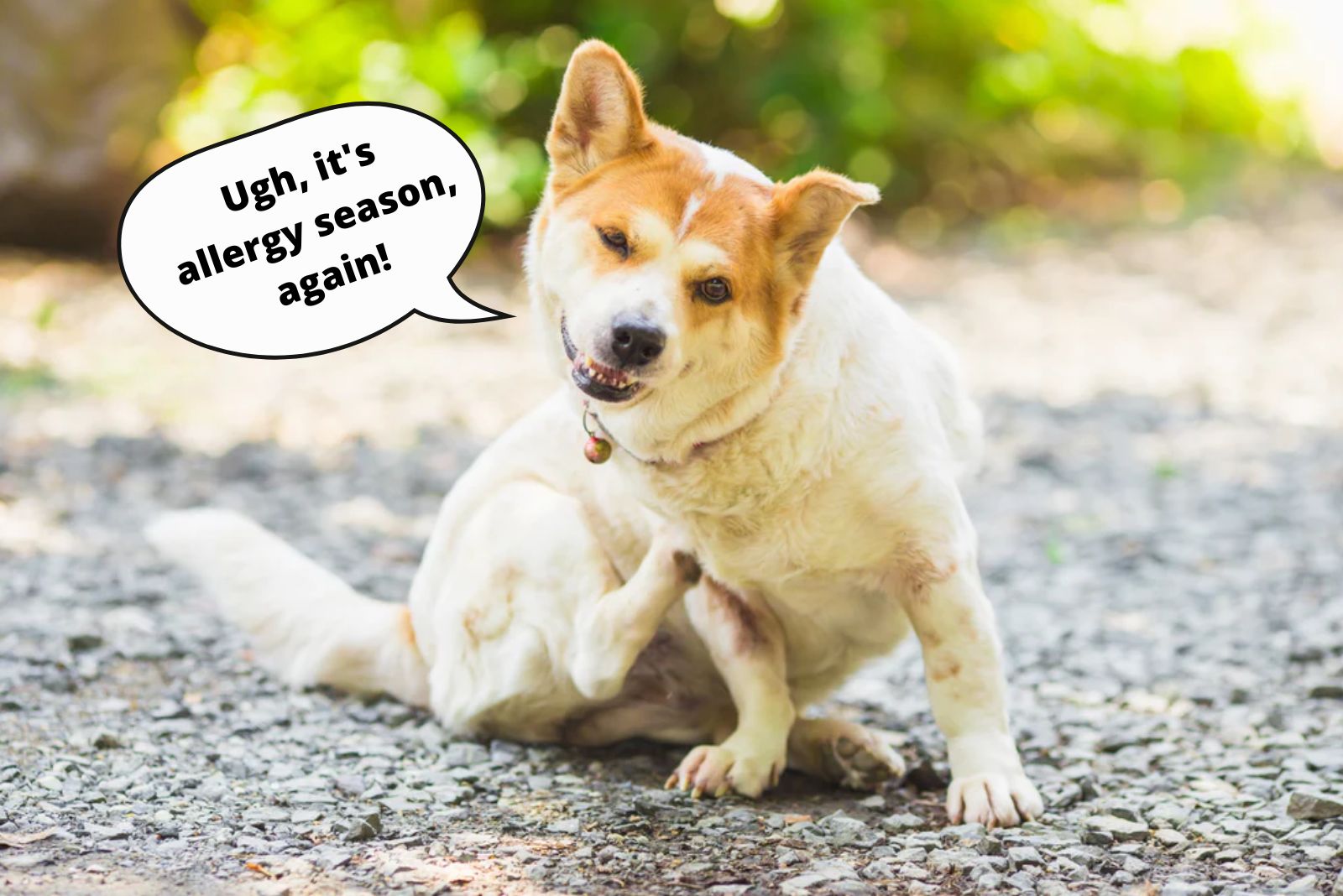
The easiest way you’ll spot that your pup might have food allergies that cause scooting around is to check if the scooting begins within one hour after eating a meal or going potty.
Unfortunately, allergies are quite common, and they don’t depend on the gender or the breed you have at home. Almost anything these days can be marked as a trigger. However, usually, ingredients like chicken, grains, and dairy products are standard culprits.
A change of diet is in order for any dog suffering from food allergies because they could lead to far more severe conditions and cause internal bleeding.
I’d consult the vet for a thorough examination, maybe run some allergy tests, and switch to a sensitive diet.
READ MORE: A Closer Look Into Testing For Allergies In Dogs
Lack Of Proper Hygiene
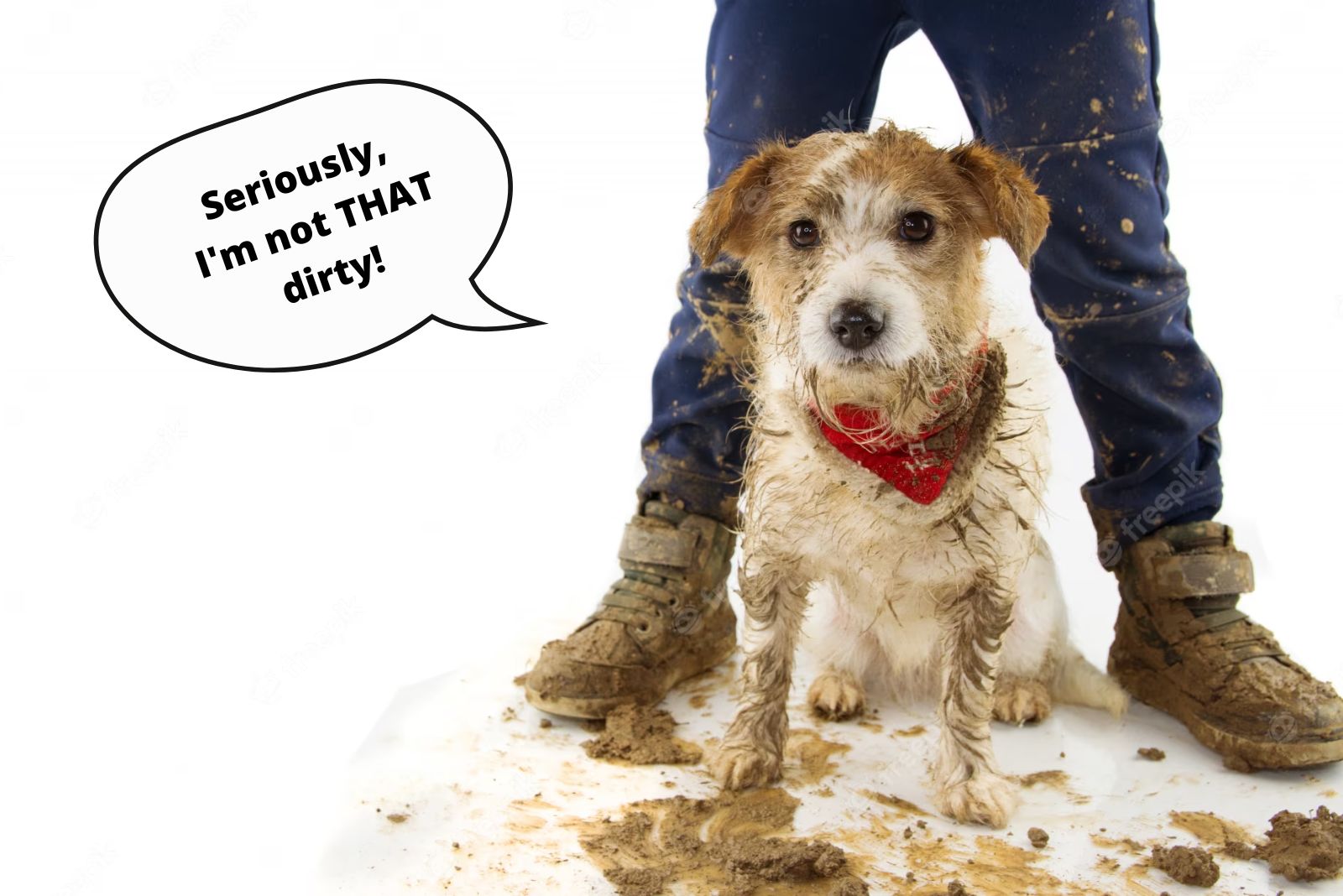
Ah, wouldn’t it be great if your pooches could use toilet paper? Opposable thumbs and flexible digits would solve so many problems!
But, no… that won’t happen in a million years.
Sadly, not many dogs have clean behinds, especially if they’re long-haired pooches. Sure thing, it’s quite simple for dogs like Pugs or Frenchies. Can you imagine how difficult it is for an Afghan Hound to keep its coat nice and clean?
I never thought I’d be talking about cleaning doggy behinds, but here we are…
Fortunately, lack of proper hygiene, or simply said, dirty bottoms, is the least severe reason behind the scooting behavior. Your dog might simply be scooting around to get dried poop flakes off his bottom.
Of course, since it’s impossible for them to see how well they have cleaned themselves, you should jump in as a good dog owner and help your Fido become clean.
Enforcing proper hygiene habits can reduce the possibility of getting infections and parasites, so keep that in mind.
Sources:
|1| Anton C. Beynen. Diet and anal-sac impaction in dogs. 2019. DOI
|2| Mary F. Thompson, Annette L. Litster b, Joanne L. Platell, Darren J. Trott. Canine bacterial urinary tract infections: New developments in old pathogens. 2011. DOI

